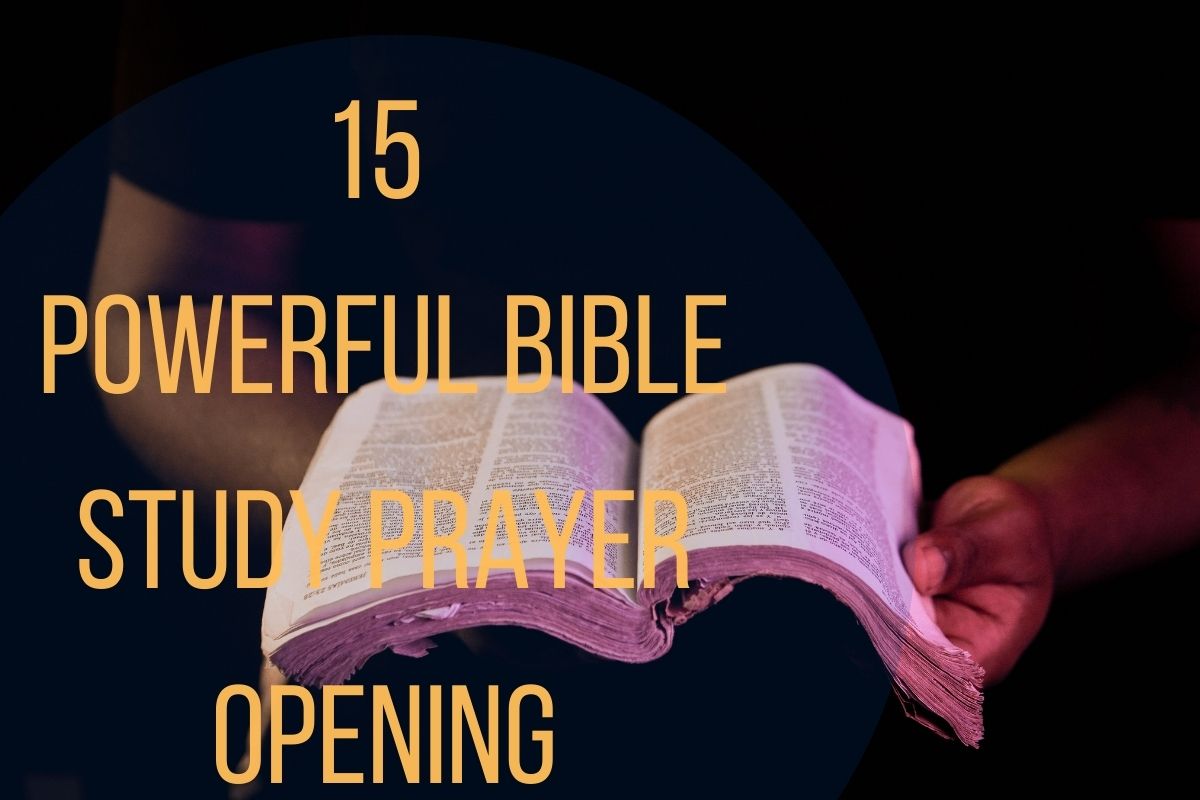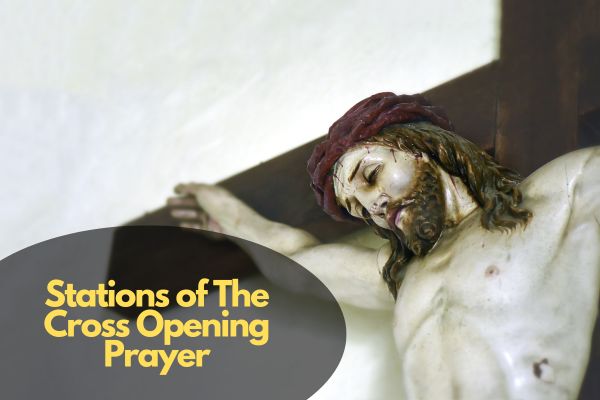What Happened On Good Friday in The Bible? The New Testament Gospels, written within decades of Jesus’ death and resurrection, give extensive descriptions of the crucifixion and its theological implications, demonstrating that early Christians placed great importance on this event.
As Christianity flourished and became the dominant religion in the Roman Empire, Good Friday became increasingly codified on the church calendar. Early Christian authors and theologians, such as Tertullian and Origen in the second and third century, mentioned the yearly commemoration of Jesus’ crucifixion, implying that it was already a tradition among the Christian community at the time.
What Happened On Good Friday in The Bible?
In the Bible, Good Friday recounts the events leading up to and including Jesus‘ crucifixion. Although the Gospels (Matthew, Mark, Luke, and John) differ slightly in detail, the core events remain consistent:
Betrayal and Arrest
- Jesus and his disciples gather for the Last Supper, commemorating the Jewish Passover.
- Judas Iscariot, one of the disciples, betrays Jesus for thirty pieces of silver to the Roman authorities.
- Jesus is arrested in the Garden of Gethsemane by Roman soldiers.
Trials and Condemnation
- Jesus is brought before the high priest, Caiaphas, and accused of blasphemy.
- He is then put on trial before the Roman governor, Pontius Pilate.
- Despite finding no guilt, Pilate faces pressure from the crowd and religious leaders and ultimately condemns Jesus to be crucified.
Crucifixion and Death
- Roman soldiers whip Jesus, crown him with thorns, and force him to carry the cross to the place of execution, Golgotha.
- There, he is crucified alongside two thieves.
- Jesus cries out in suffering and agony, uttering seven last sayings before finally giving up his spirit.
Signs and Wonders
The Gospels describe various supernatural events accompanying Jesus’ death, such as an earthquake, darkness covering the land, and the tearing of the temple curtain.
The Significance of Good Friday
- For Christians, Good Friday represents the ultimate sacrifice of Jesus, taking on the penalty for humanity’s sins through his death.
- It marks a turning point in the biblical narrative, leading to his resurrection on Easter Sunday and the promise of salvation.
Good Friday observances vary across Christian denominations, with some focusing on solemn reflection, while others hold processions or services depicting the events. The name “Good Friday” emerged much later, with several explanations for its origin
Conclusion
Throughout the centuries, Good Friday has remained a central and solemn observance in the Christian liturgical calendar, marked by various rituals, ceremonies, and devotional practices.
While the exact moment of its establishment may not be precisely documented, its significance as a day of remembrance and reflection on the sacrificial death of Jesus Christ has endured through the ages, shaping the beliefs and practices of Christians around the world.







